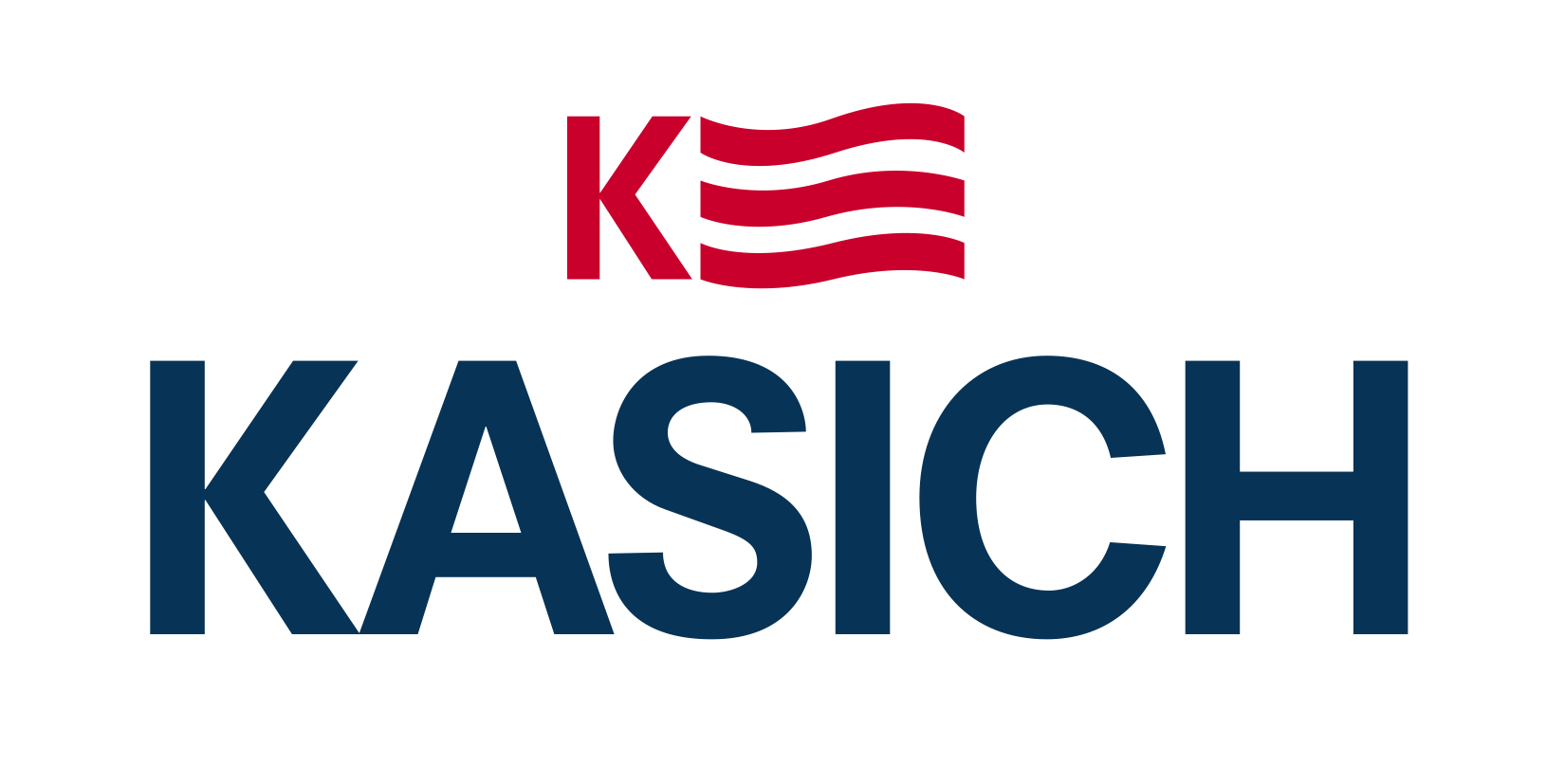Op-Ed: Hillary Clinton and John Kasich: We cannot cede ground on animal poaching
John Kasich co-authored a Washington Post op-ed with Hillary Clinton about the illegal wildlife trade.
Voters sent a message in November by splitting government control between Democrats and Republicans: They want people of different backgrounds to come together and solve our problems. This applies to big-ticket items and to matters that may not find their way onto the front page.
Among the issues on which we find common ground: the illegal wildlife trade.
The Illegal Wildlife Conference in London in October brought together conservationists and government leaders from across the globe, many representing countries where the illegal killing, trafficking and sale of wildlife parts taken from species large and small — including elephants, jaguars, rhinos, pangolins, birds and turtles — has reached crisis proportions. They left that conference more engaged than ever, the latest example of a broad consensus for global action.
We come from different parties, but we both agree that we cannot remain on the sidelines in this fight. Animal poaching — driven by criminal syndicates every bit as ruthless as those that traffic in arms, drugs and humans — corrupts local and national institutions that seek to manage natural resources, imperiling good governance and the rule of law. It enables the emergence and spread of diseases from wildlife to humans and livestock and directly challenges the economic, social and environmental pillars embedded in the United Nations’ sustainable development goals.
The curbing of the illegal wildlife trade has made great progress over the years, with bipartisan support from the White House and Congress. President Richard M. Nixon signed legislation passed by a Democratic Congress that gave us the Endangered Species Act, the Marine Mammal Protection Act and the Convention on International Trade in Endangered Species of Wild Fauna and Flora. And under a Democratic Congress, President George H.W. Bush’s administration and his conservationist secretary of state, James A. Baker III, worked with African governments to develop an international ban on trading African elephant ivory in 1989 — providing the greatest protection to that species under international law.
Yet the Trump administration has pushed to drastically reduce appropriations for global conservation programs critical not only to the protection of wildlife and wild places, but also to our national and economic security.
Although Congress has restored much of this critical funding in recent budget negotiations, the time has come to recognize that the world is less safe when criminals profit from stealing and poaching its wildlife and natural resources, and when shortages of fresh water, food and other natural resources lead to instability and conflict.
This is an issue that we both have endeavored to shine light on, in and out of office. One of us (Clinton) worked with President Barack Obama to draw attention to African elephant poaching in the 2000s — when close to two-thirds of all remaining forest elephants were wiped out to meet the global demand for ivory — and embraced a strategy in 2013 through the Clinton Global Initiative to stop the killing and trafficking of elephants. The other (Kasich) supported legislation as a nine-term member of Congress to address the crisis and engaged President George W. Bush on the potential for losing the world’s elephants entirely without an international ban on the importation of ivory.
We supported bans on ivory sales in U.S. states with the largest markets — including New York, California and Hawaii — just as we supported action in Congress to close the domestic ivory market of our country, an action that encouraged other key countries such as China and Britain to do the same.
But despite this progress, this administration’s apparent shift in global funding opportunities opens new ways for international criminals to increase their deadly trade, destabilizing the security of U.S. allies and undermining local governance.
Now is not the time to take our foot off the gas when it comes to fighting wildlife crime.
As leaders with experience from both sides of the aisle, we are joining with allies across the political spectrum to rebuild and rejuvenate the bipartisan coalition needed to secure the hard-won successes we have seen thus far and — more importantly — to build on them.
We plan to take our voices to Capitol Hill to urge lawmakers to support and significantly increase U.S. funding overseas for these efforts. At the same time, we must end the market for wildlife and wildlife parts by confronting ruthless criminal trafficking syndicates and governments whose policies and actions (or inaction) contribute to the senseless slaughter of species threatened by the global trade.
The survival of threatened species is a global responsibility, but each of us must do our part. The future of our world’s wildlife depends on it.
Read the original op-ed here.
